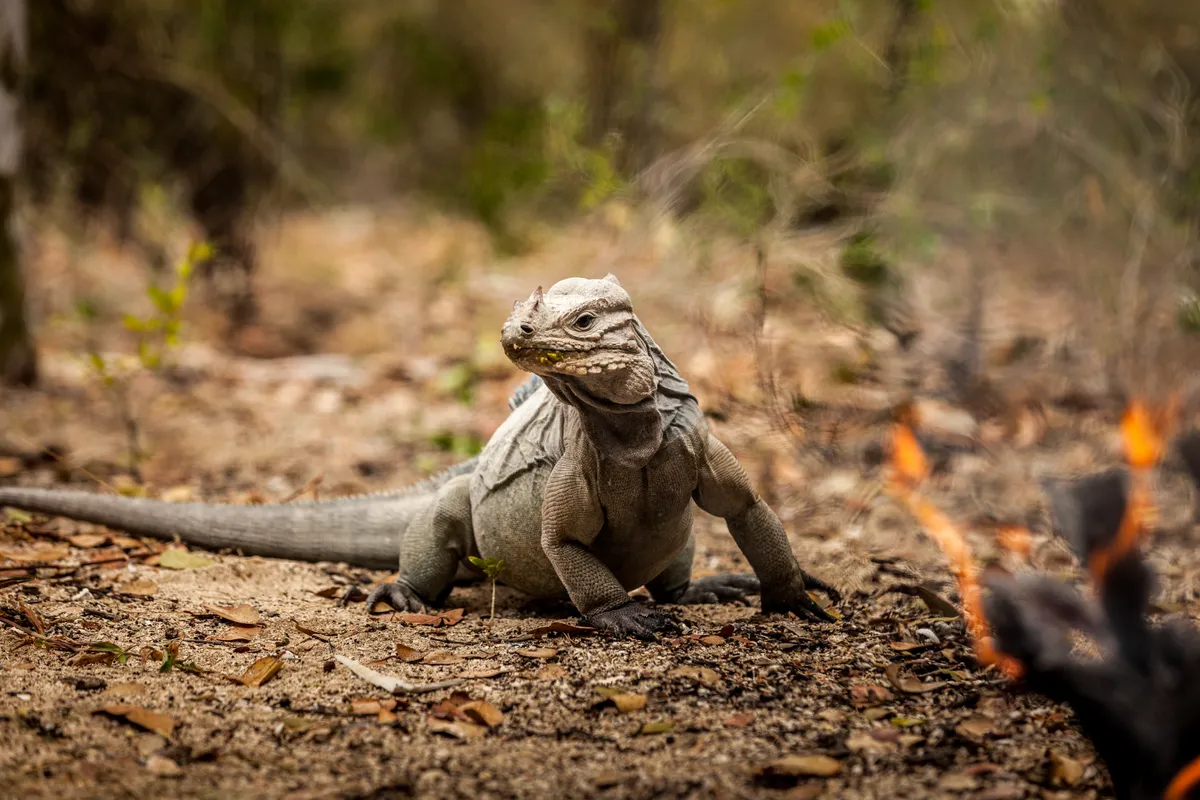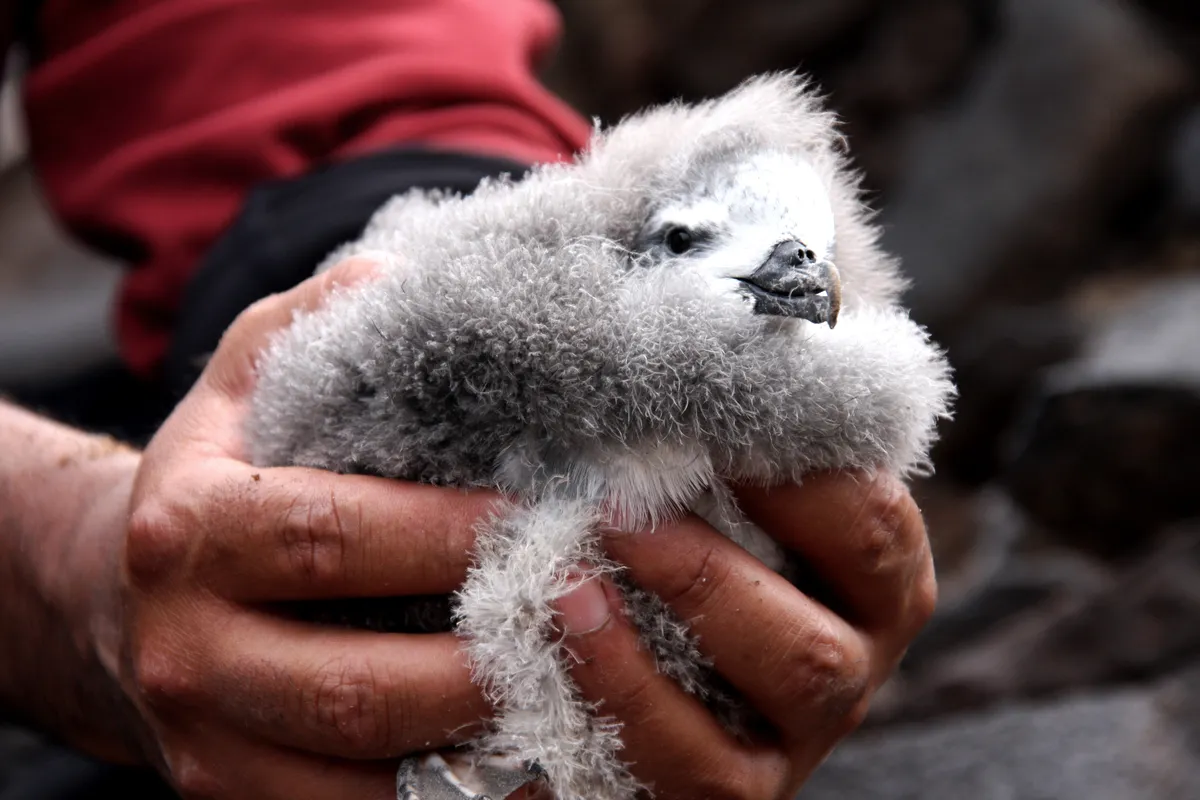A new study suggests that removing invasive species, such as mice, goats, cats, dogs and pigs, from islands around the world would benefit over nine per cent of the most endangered species.
The introduction of invasive species, usually by humans, has been responsible for hundreds of extinctions, with the majority of these being on islands.
Researchers have found that the removal of these invasive species from just 169 islands would be beneficial for some of the Earths most endangered species.
“Eradicating invasive mammals from islands is a powerful way to remove a key threat to island species, prevent extinctions and conserve biodiversity,” says Dr Nick Holmes, lead author on the study from Island Conservation.

The study ranks the islands in order of restoration priority and British overseas territory, Gough Island, is third on the list.
Currently there is a planned programme to remove the invasive mice from the island, which are responsible for the deaths of seabird chicks and have put two species at risk of extinction, the Tristan albatross and Gough bunting.
Overall, there are 20 UK overseas territories on the list with seven of these in the top 100.

“This study shows how important it is to remove invasive mammals from islands to prevent further extinctions,” says Jonathan Hall, RSPB’s head of UK overseas territories.
“What is needed now is the political will and funding to help carry out this much needed work and restore these islands to their previous magnificence.”
Read the full paper in PLOS ONE.
Main image: Atlantic yellow-nosed albatrosses on Gough Island. © Ben Dilley